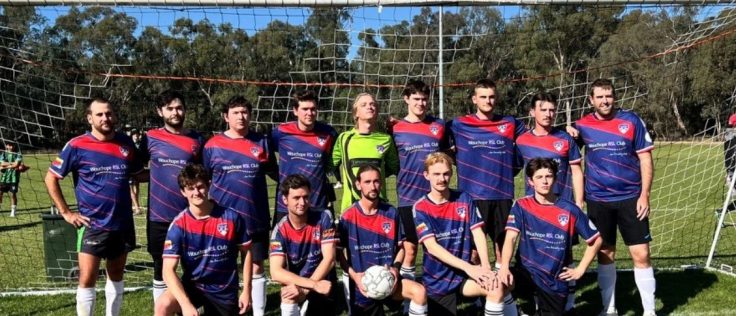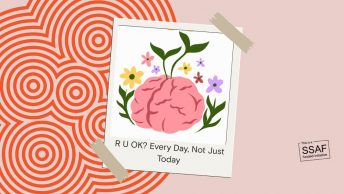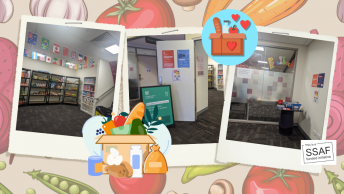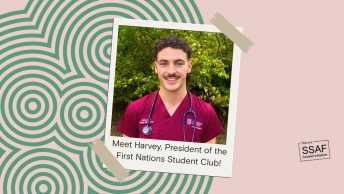Written by Chad McGovern
Mental health is an important and serious topic. Many of our friends, classmates, and colleagues will be affected either directly or indirectly by mental health challenges throughout their lives.
Simple stresses or life events that seem small at the time may snowball and turn your life upside down in an instant, which is why it is so important to identify your support networks early on.

At university, there are numerous support networks to help you stay aware of your health and express yourself in a safe, supported environment.
Many of these networks are direct, allowing you to use mental health student support services for free as a student. However, some are less obvious but still play a crucial role in your overall health.
Clubs and societies at Charles Sturt University are run by students, for students. They create spaces for individuals to feel heard, express themselves, and build lasting networks.
As the founder and current president of Charles Sturt FC, one of my favorite things about starting and running a university club is watching people connect and relate to each other.
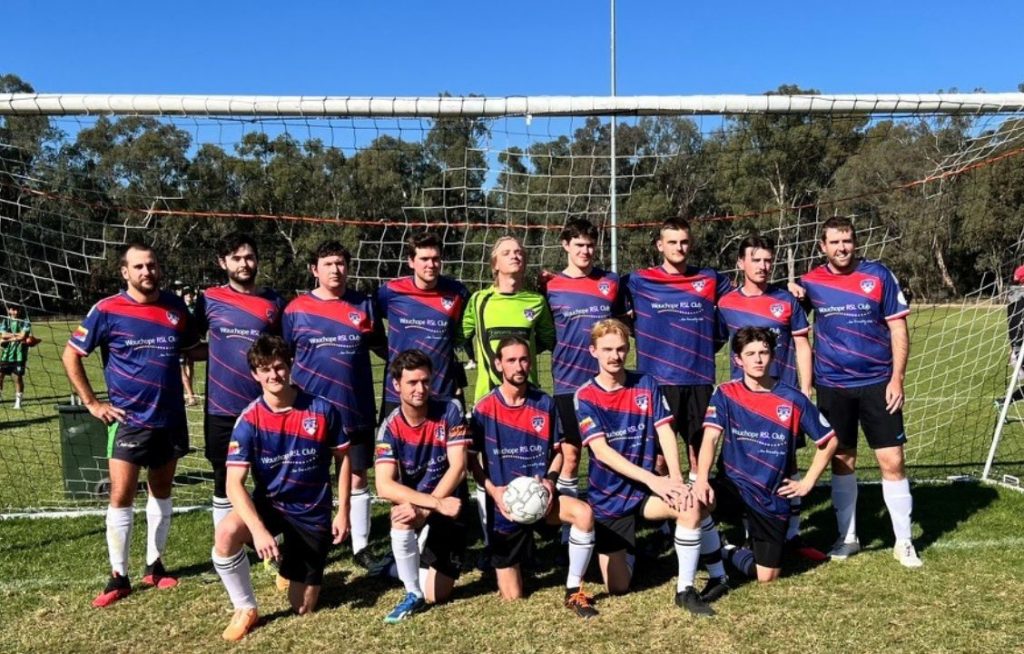
Although we are a sporting club and mental health is not something our members directly speak about, the friendships, sporting camaraderie, and freedom of expression all contribute to healthy habits and improved mental well-being.
Another vital aspect of mental health, particularly for men, is speaking out. Everyone struggles, everyone has bumps in their road, and everyone needs someone to talk to when times get tough.
It doesn’t have to be a formal or awkward conversation with your friends—just a check-in and a moment to express what you are feeling.
Whether it’s the stress of an upcoming assignment or exam, emotional distress due to a traumatic event, or feelings of depression, there are people who will listen and be there for you. You would do it for your mates, so why wouldn’t they do it for you?
A few years ago, I went through a tough time, battling survivor’s guilt and depression after a stem cell bone marrow transplant I had when I was 9 years old.
I never thought I would be affected, but suddenly I was feeling helpless, alone, and guilty almost 10 years after my treatment. It was as if it came out of nowhere.

It took me a while to understand what I was feeling, and it wasn’t until my partner asked if I was okay that I realised I wasn’t.
With my partner’s help, I reached out to my network—family, friends, teachers. Together, we made a plan and navigated through it until I was out the other side.
Now, at university, I am much more aware and appreciative of the fact that mental struggles are not something you need to face alone.
The support provided by the university community creates the perfect environment for mental well-being and long-lasting networks.
If you or someone you know are in need of mental wellbeing support, reach out to the University Student Wellbeing team, and have a chat with them today about ways they can help you on your journey.


